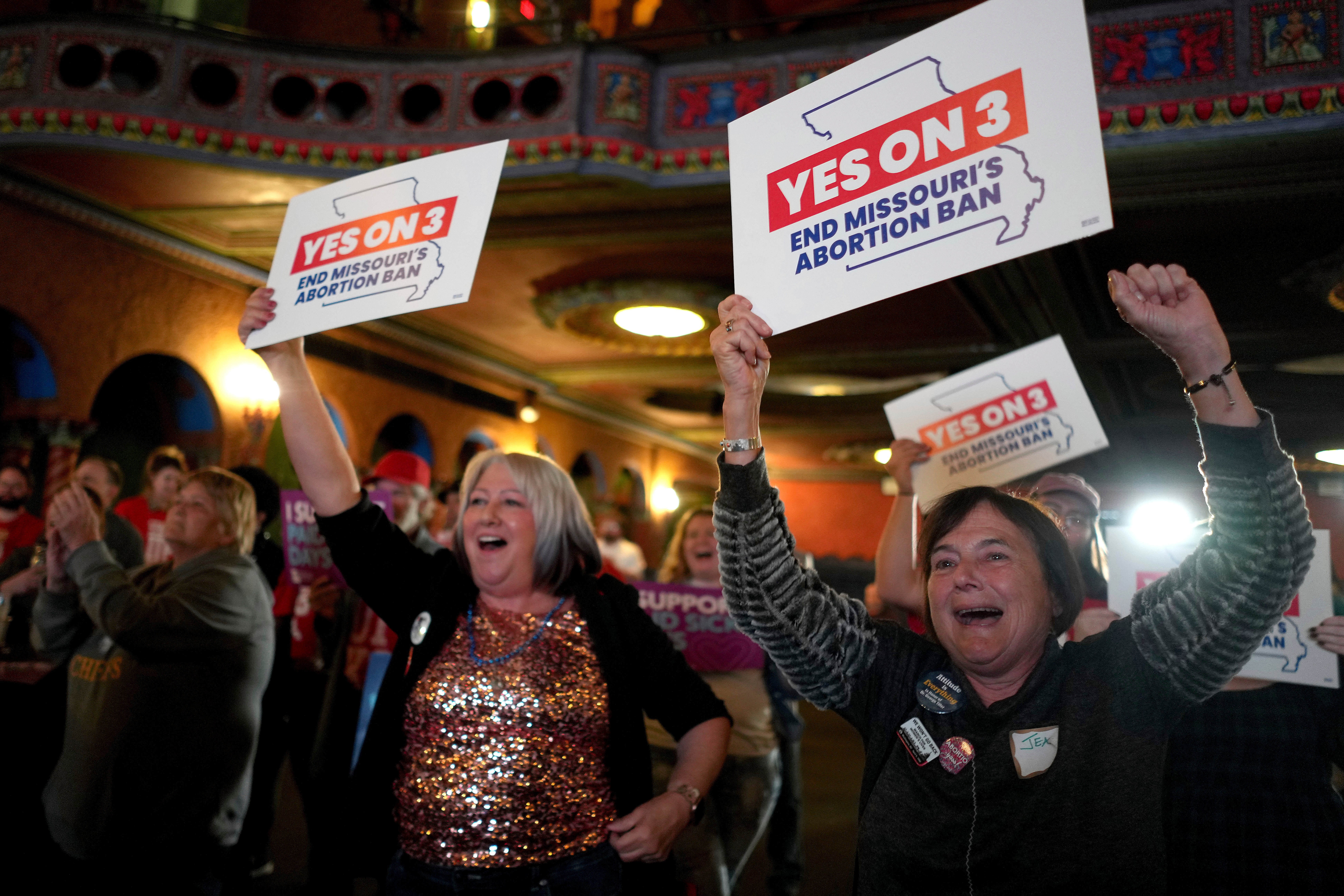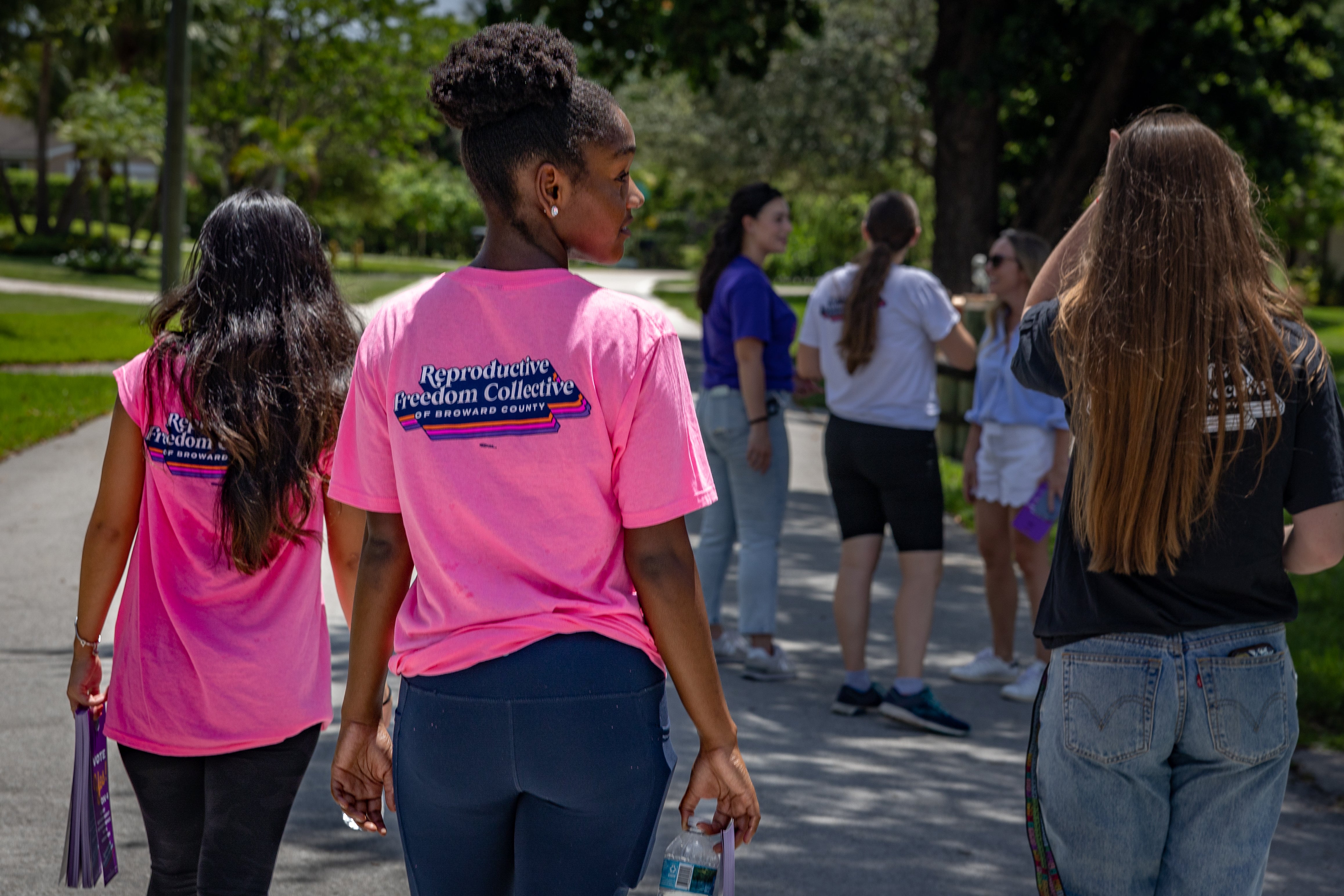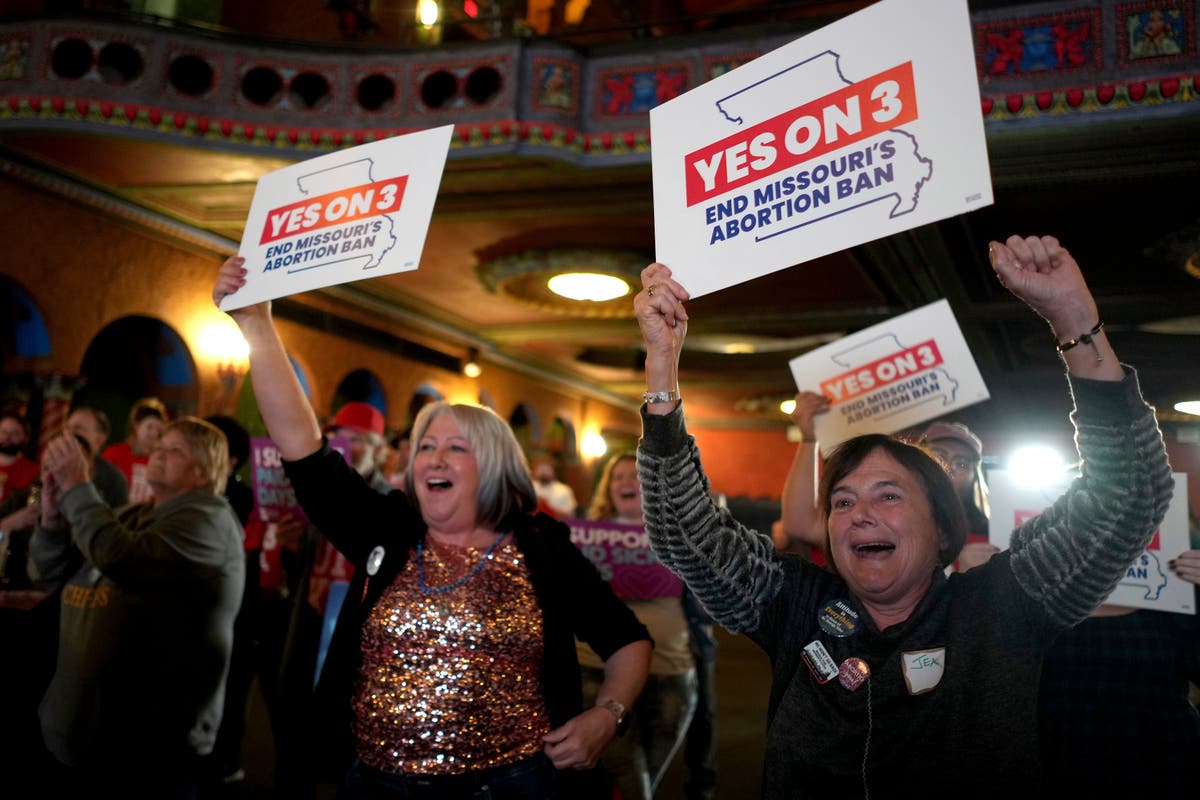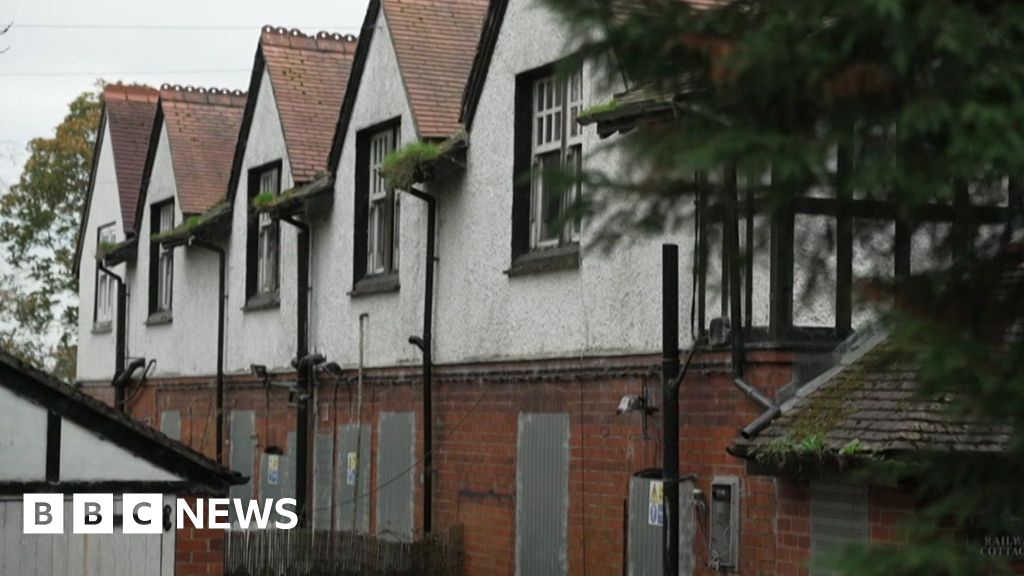Two years after the Supreme Court revoked a constitutional right to abortion, millions of voters across the country directly weighed in on the future of reproductive healthcare access in their states.
Voters in seven of 10 states with abortion rights measures on their ballots have agreed to expand protections or enshrine a right to abortion in their own state’s constitutions, effectively redrawing the map for abortion access.
But those victories — from Arizona to Colorado, Missouri, Montana and elsewhere — were followed by warnings from abortion rights advocates that president-elect Donald Trump’s incoming administration, and an emboldened Republican-dominated Congress, could soon upend hard-fought, newly enshrined protections.
There also won’t be any immediate changes to the state of abortion access, which has been patchwork at best or out of reach entirely for millions of women in the aftermath of the Supreme Court’s decision.
Abortion providers and legal groups are bracing for Republican-led legal challenges and legislation that could undermine the latest election results, but they point to this week’s victories as evidence of the deep unpopularity of threats to reproductive healthcare and the powerful voting bloc against them.
“We’ve seen voters across the country really step up and speak out about how important abortion rights are for them,” Center for Reproductive Rights government and external affairs officer Rachana Desai Martin told The Independent.

Missouri was the first state to make virtually all abortions illegal after the Supreme Court’s decision in Dobbs v Jackson Women’s Health Organization. Voters on Tuesday passed a constitutional amendment that enshrines the right to abortion in the state constitution, marking the first time that voters anywhere in the US passed a measure protecting abortion rights in a state with a total ban.
After the election, Planned Parenthood and civil rights groups immediately sued the state to overturn the ban and other restrictions on care. If allowed to take effect, Missouri’s new Amendment 3 will allow Planned Parenthood to expand abortion care at all three of its locations in the state.
In Arizona, where abortion is banned after 15 weeks of pregnancy, voters approved a state constitutional amendment to enshrine a right to abortion care, effectively striking down the current law.
Since the end of Roe, Arizona’s abortion patients have been subject to a shifting legal landscape, with a 15-week abortion ban and the reinstatement — and repeal — of a Civil War-era law that criminalized virtually all abortions.
New protections in Arizona and Missouri will protect access to abortion for more than 2 million women.
Voters in five other states — Colorado, Maryland, Montana, Nevada and New York — where abortion was already legal approved ballot measures that strengthened legal protections to access. Should the direction of their state’s political makeup change, the measures will add significant barriers to changing how residents there can legally access abortion.
But in Florida, home to nearly 23 million people and a ban on abortion at six weeks of pregnancy, a high-profile ballot measure to enshrine abortion access in the state’s constitution failed by a narrow margin, after a volatile opposition campaign from Republican Governor Ron DeSantis and his administration.

More than 6 million people voted in support of Amendment 4, and 4.5 million voted against it — narrowly missing a 60 percent threshold to pass.
Democratic state Senator Lauren Book said “the results speak for themselves: Democrats, Republicans, and Independents alike agree that we must end this dangerous government overreach.”
“The will of the people is powerful, and the support we’ve built together will be the foundation of the work ahead,” she said in a statement. “We are the majority. And the fight continues.”
Laura Goodhue, executive director of the Florida Alliance of Planned Parenthood Affiliates, and one of the leaders of the Yes on 4 campaign, accused Florida of using taxpayer dollars to fund “a multi-million dollar campaign of lies and disinformation” against the amendment. She said that including “unconstitutional threats to television stations for airing ads in support of Amendment 4.”
Jessica Hatem, who heads up the Emergency Medical Assistance abortion fund in West Palm Beach, told TheIndependent that despite this pressure, the fact that they were so close to the 60 percent mark means “the voting population understands that people need access to abortion care.”
But she said she feared that abortion access “may not happen in my lifetime.”
“Everything’s at stake. They’re coming for everything. They definitely have the motivations, drive and now the power to be able to do that,” she said of the Republicans soon to be in power.
“So this is a hostile situation. It’s going to get worse and more people will suffer and more people will die because of this.”
“My only hope is people can tap into their communities and people can tap into one another.”
In the runup to Election Day, The Independent joined campaigners as they went door to door in Florida to rally support for the amendment while reporting for our new documentary “The A-Word” on the impact of the bans.
“We are doing everything in our power to make sure that people come out and support this amendment,” she told The Independent at the time.
The Independent shadowed two abortion clinics in Florida, where patients are subject to 24-hour waiting periods. Women there saidthat trying to access abortion care in the sixth week of pregnancy made their decisions feel rushed under a tight deadline to act.
“I feel extremely violated, because there could be any reason why I might not have been able to make my appointment today,” one patient told The Independent. “It feels like a race, and a race on the decision. Maybe if I had had more time to speak with my family [I could have found out] if I will have support or… I might be less scared.”

In Amarillo, Texas, voters overwhelmingly rejected a ballot measure that would have effectively made it illegal for abortion patients to use local streets and highways to get an abortion out of state.
Texas bans abortions at all stages of pregnancy. At least two women have died in the state after doctors delayed or denied emergency miscarriage care under fears of the state’s anti-abortion laws.
Proposition A – backed by national anti-abortion groups — marked the first time an abortion travel restriction was on a ballot anywhere in the US, and its defeat delivered a powerful rebuke to “outsiders trying to impose harmful anti-abortion laws on our community by running campaigns that purposely mislead voters,” according to Kat Browning, member of the Amarillo Reproductive Freedom Alliance.
“They thought they could steamroll into our town and win, but they were wrong,” she said. “Texans will fight back against abortion bans, and when we organize our communities, we win.”
Abortion rights groups fear that Trump’s return to office could make “things at the federal level… quite a bit dicier.” Especially if Republicans gain control of both houses of Congress.
At the end of his presidency, Trump had appointed 28 percent of all active federal judges, which radically reshaped the judiciary with ideologically like-minded jurists who now wield significant influence over abortion laws that have been taken to court.
Trump now says that he does not endorse a national “ban” on abortion care, and he denies that he would sign legislation from Congress that would enact such a ban. But Trump opposes abortion past 15 weeks of pregnancy, and he did not support Florida’s constitutional amendment despite saying he disagreed with the state’s six-week ban.
Trump has repeatedly defended the Supreme Court’s decision as returning the issue back to individual states to decide. But he would not intervene at the federal level to block states with severe restrictions on care.
Vance has endorsed proposed Senate legislation for a national ban on abortion past 15 weeks of pregnancy, which would override any state-level abortion protections, and he supports a “federal response” to women traveling out of state to jurisdictions where abortion is legally protected — not unlike the proposal in Amarillo.
In 2022, Vance said he wants abortion to be “illegal nationally,” and he supported “eliminating abortion” on his campaign website up until Trump tapped him as his potential vice president.
The Republican Party platform, which Trump prompts on his campaign website, also endorses the idea of fetal personhood, which would grant full constitutional rights to fetuses under the 14th Amendment.
Trump would also not necessarily need to implement any new laws to target abortion.
His administration could “misuse or misinterpret” the 150-year old Comstock Act to ban the mailing of anything that could be used to terminate a pregnancy, according to Desai Martin.
“So it would cut off access to medication abortion, which has really been a lifeline for folks in post-Roe America,” she said.
Medication abortion is the most common form of abortion care. A widely used abortion drug has been the subject of lawsuits from anti-abortion groups, though the Supreme Court has — for now — refused to block the government’s approval of the drug.

Comstock also could be used to restrict medical instruments and other materials for abortion care, according to Desai Martin.
“It’s essentially a nationwide abortion ban,” she said. “He doesn’t need the Senate. He doesn’t need the House to do that.”
Anti-abortion groups are also still challenging federal protections for emergency abortion access, after the Supreme Court kicked a major case back to federal court this year.
Abortion rights advocates and civil rights groups will continue to “use every single tool in our arsenal” in the months to come, she told The Independent.
“Be it litigation, be it continuing to push for and advocate for federal legislation, be it changes in state constitutions or state statutes, we’re going to do everything we can to try to improve the situation,” she said.







